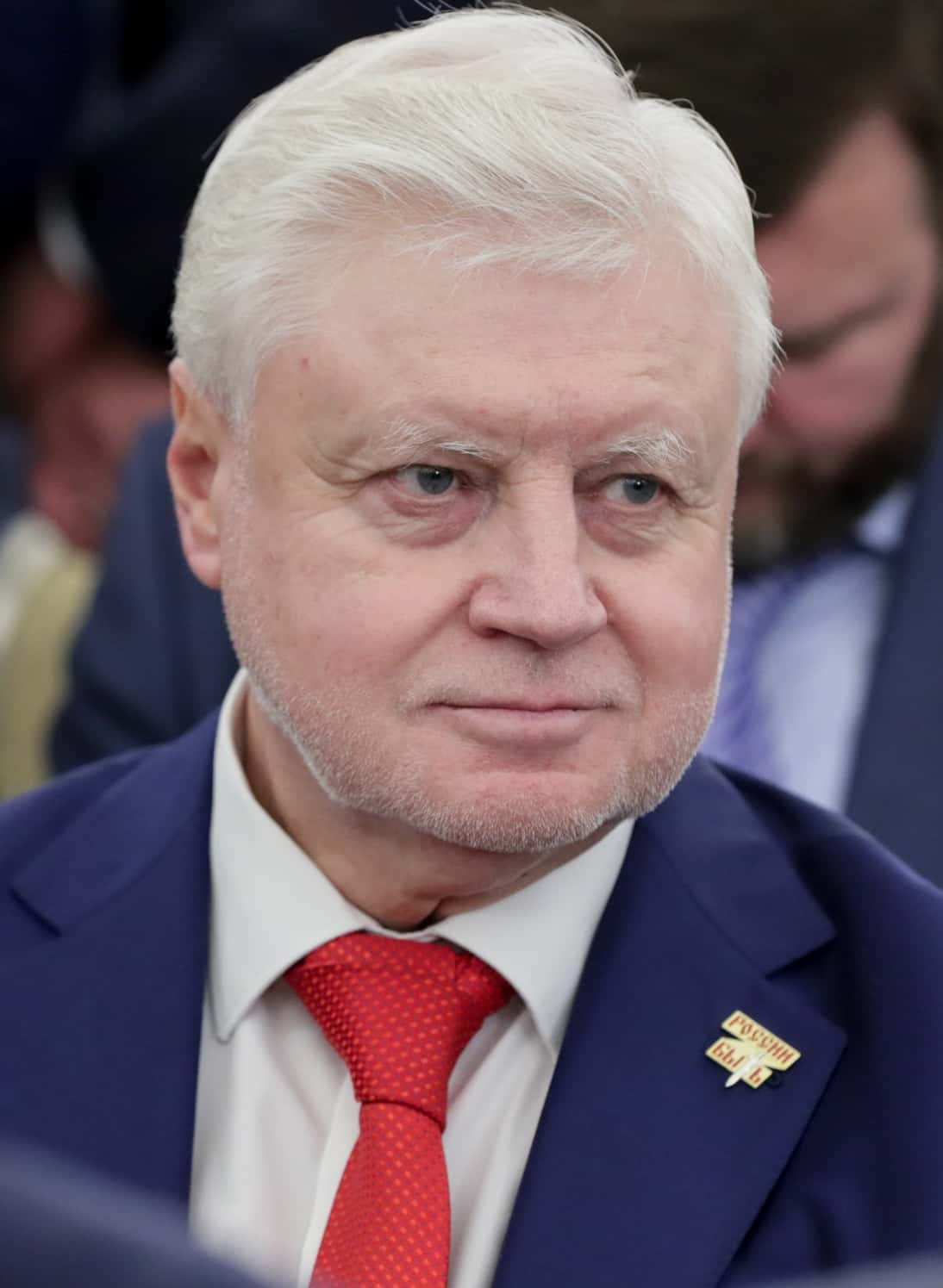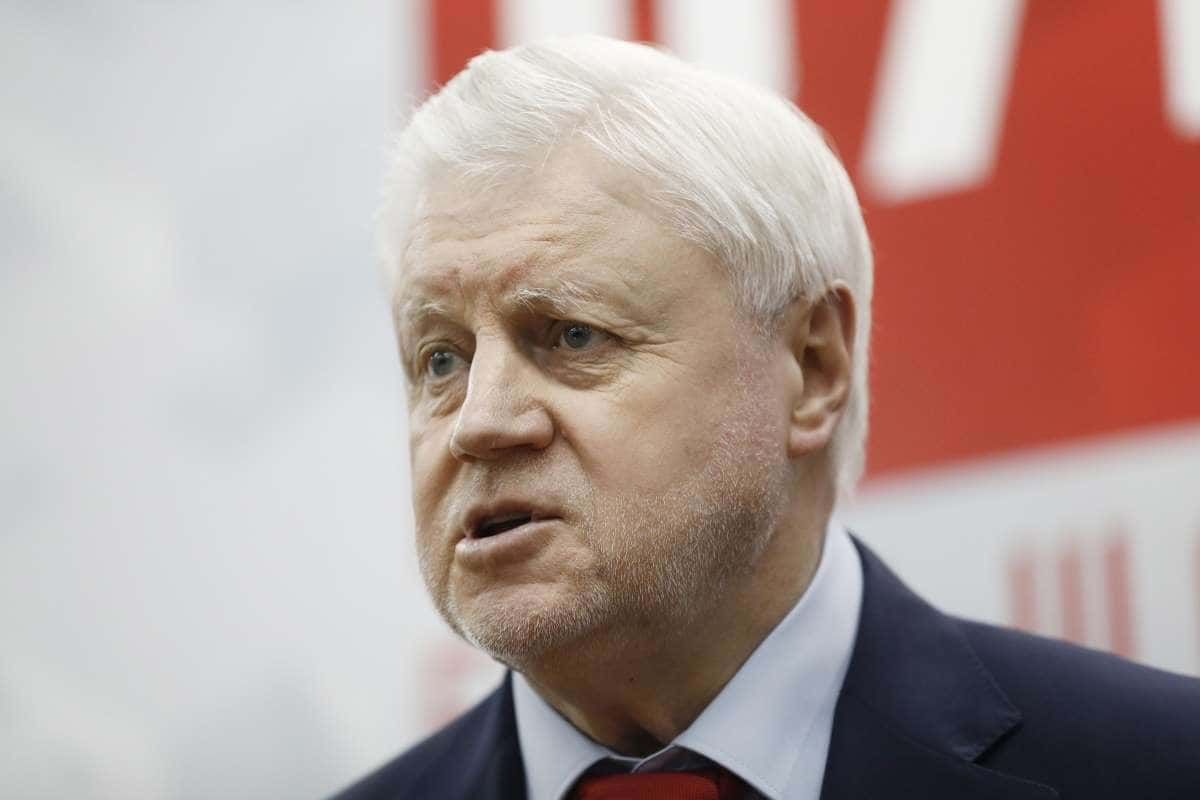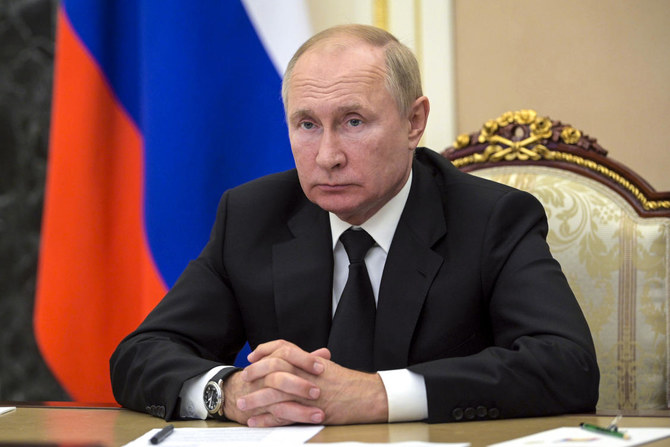Alaska, the largest state in the U.S. and situated west of Canada, became the 49th state in the union in January 1959.

Russian lawmaker Sergey Mironov, a staunch ally of President Vladimir Putin, sparked controversy on Wednesday by proposing that Moscow should consider reclaiming Alaska from the United States
The Russian Empire had previously attempted to colonize the territory in the 18th Century before selling it to the U.S. for $7.2 million, equivalent to roughly $150 million adjusted for inflation. Sergey Mironov took to the platform X, formerly known as Twitter, to assert that the influence and authority of the U.S. were diminishing.
Sergey Mironov pointed to recent attempts by Venezuela to seize lands from its neighbor Guyana and suggested that nations should contemplate reclaiming territories now part of the U.S. He specifically cited Mexico and Texas as well as Russia and Alaska as examples. Anton Gerashchenko, an adviser to the Ukrainian minister of internal affairs and a vocal critic of Russia, highlighted and translated Sergey Mironov’s post on social media, emphasizing the need for a new world order.
Sergey Mironov’s post raised eyebrows, urging Americans to ponder their future, including the status of Alaska
This suggestion echoed similar sentiments from Vyacheslav Volodin, another close ally of Putin and chairman of the country’s State Duma, who in 2022 proposed retaking Alaska as a retaliatory measure against the heavy economic sanctions imposed by the U.S. following the invasion of Ukraine.
Notably, Putin himself has been reserved about the idea of reclaiming Alaska, dismissing the need for it during a 2014 Q&A panel. He downplayed the historical sale of Alaska, calling it an “inexpensive” transaction and advising against unnecessary agitation over it. The rekindling of discussions around Alaska adds another layer of complexity to Russia-U.S. relations, raising questions about historical claims and geopolitical tensions.




